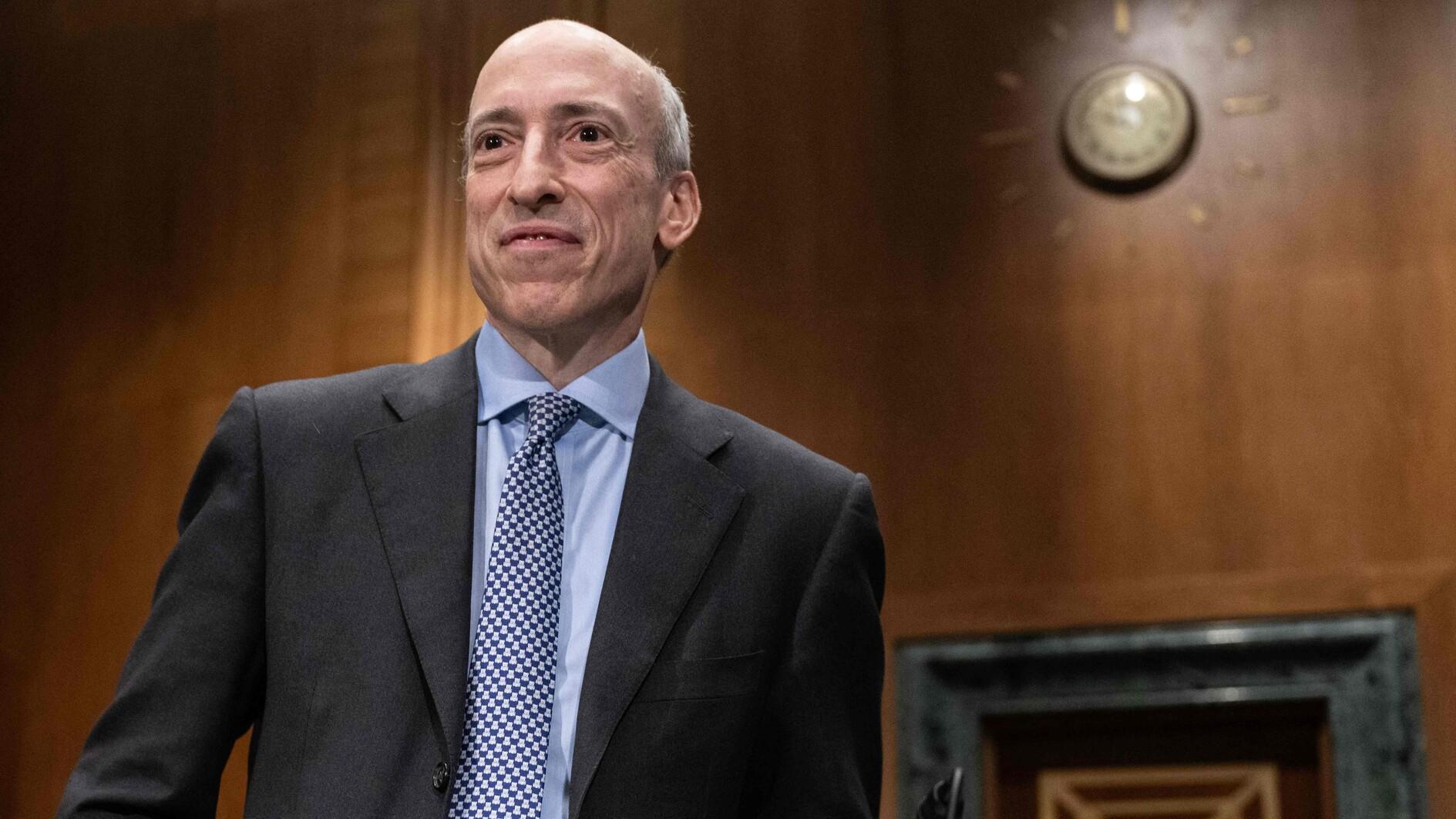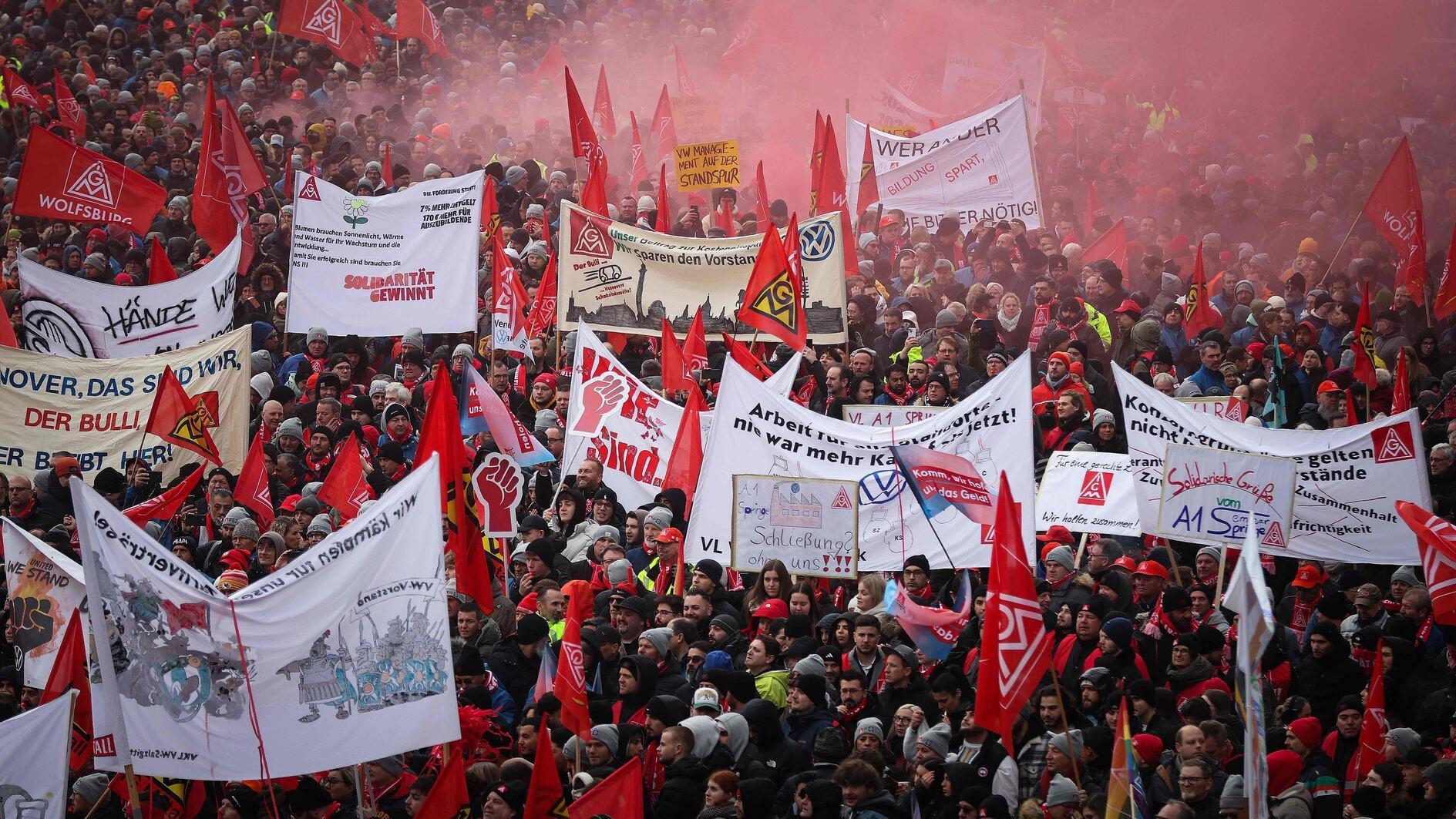What is behind Turkey’s latest PKK operations?
In a new move on Jan. 13, Turkish police raided a number of houses, offices and party buildings of the Kurdish problem-focused Peace and Democracy Party (BDP) in a number of cities including Ankara, Istanbul and Diyarbakır, taking more than 30 people into custody.
The Istanbul prosecutor’s office said those were detained in relation with an ongoing operation against the outlawed Kurdistan Communities Union (KCK) operation, which is considered by the prosecutors as the main front of the illegal Kurdistan Workers’ Party (PKK), who has been waging an armed campaign Turkey for more than three decades.
What made the last operation more special then the former ones - which put more than two thousand behind the bars in the last two years - is a popular figure of Kurdish politics. One of the houses searched by the police in Ankara was supposedly the house where Leyla Zana, a Parliament member from Diyarbakır, was staying. Actually, her address was somewhere else and despite the reactions of a number of BDP deputies, police said the operation was to detain the owner of the house, a certain “C.Y.” and somehow Zana’s official computer (given to her by the Parliament) was found in the house.
Zana is important for Kurdish politics, because she had been the symbol of the Kurdish debate in early 1990s. After taking the Parliamentary oath in Kurdish, she was stripped of her immunity together with fellow deputies and arrested in 1994, serving more than 9 years in prison until the laws were changed during the EU harmonization reforms.
This is her second time in Parliament and she hit the front pages once again earlier in the week when she said Kurds (which everyone perceived as the PKK) can’t lay down arms, because the arms were their life insurance against the Turkish government.
Prime Minister Recep Tayyip Erdoğan got very upset upon those words and attacked her in his last Justice and Development Party (AK Parti) group meeting in Parliament. He told her to “Go up to the mountains,” implying the presence of the PKK militants in mountains of Turkey and neighboring Iraq.
Also on Jan. 13, Istanbul police announced they had found nearly 7 kilograms of C4 explosives with two ignition mechanisms and detained a suspected member of the PKK. That is consistent with the statements made by the PKK headquarters in Iraq earlier this month that they will keep fighting up until the “Kurdish revolution” - which they think there is a chance for in the Arab Spring atmosphere.
The increasing tension not only in Iraq, but in Syria and Iran - all neighboring Turkey - gives a suitable basis for the escalation of tension within Turkey on the Kurdish issue. Both international and domestic circumstances aren’t encouraging a softening of stance for actors.
It seems both the PKK and Turkish government are getting prepared for tough days ahead. That means tough days ahead for ordinary people in Turkey, which might suffer from the possible wave of attacks and counter operations.











